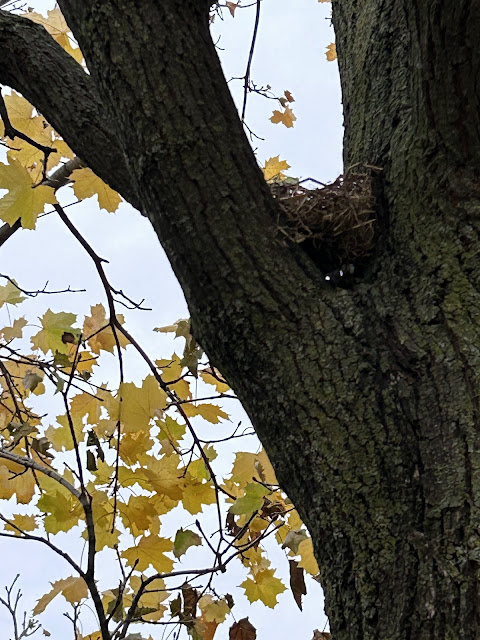"The power of question is the basis of all human progress." - Indira Gandhi.
During an IB workshop I was conducting a few months ago, I remember a teacher heaving a huge sigh of relief when she learnt that it was okay for her students to struggle with generating questions. I was a little taken aback to see her so stressed. Though young children are naturally curious, they usually struggle to articulate their queries in a formal setting. While engaged in play, as they create things with loose parts for instance, most of their questions are in their minds. If they fail at something, you can see their questions in their expressions and movement of their hands as they try and figure out what to do next.
Lately I have seen a lot of posts on "X" and some educational platforms where the focus is on surface and deep questions. This is usually accompanied by a visual of a scuba diver trying to reach the depths of the ocean.
So this time, instead of a wonder wall for my unit on structures, I decided to go with the scuba diver.
The students first watched a video of birds building a natural structure- a nest. We then read a fiction about the best nest where the author's purpose was to make the students understand that there are different types of nest, some stronger and more stable than others. What questions did the students have that were not answered?
Let us take a look at the kinds of questions the students generated. I know that no question is supposed to be disregarded.(sigh) Take a look at the first one :)
I have arranged them according to how the students sorted them out-surface questions to deeper questions. These are their questions. I need to honor them. Some do allow for deep inquiry!
The last question got them excited! The students wanted to try their hand at building a nest. If a bird can create one with its beak, they can surely make one in groups with their hands!
"Can we make a nest as efficiently as birds? This question hung in the air. No one quite articulated it as a query.
I let the students go out into the playground. What can birds find in their environment that could be used to make a nest? The students instinctively began sorting the roots, leaves, stalks, feathers. moss and stones and began trying their hand at building a natural structure.
"Its a man-made natural structure!" a student exclaimed.
Here are some of the nests the students built as a result of one of their inquiries. Some are not so strong and stable.
Some were pretty strong and stable.
Next, the students will test the strength and stability of their structures to see whether they can withstand wind and rain.
While discussing natural structures in class, one of students exclaimed:
"If bird's are considered natural, human's are also natural too, right? And so if their structure, a nest, is natural, why aren't the things human's make, considered natural?"
That's a great inquiry question I think!
How do you experience inquiry in the classroom?


















Comments
Post a Comment
Thank you for taking the time to read my blog.